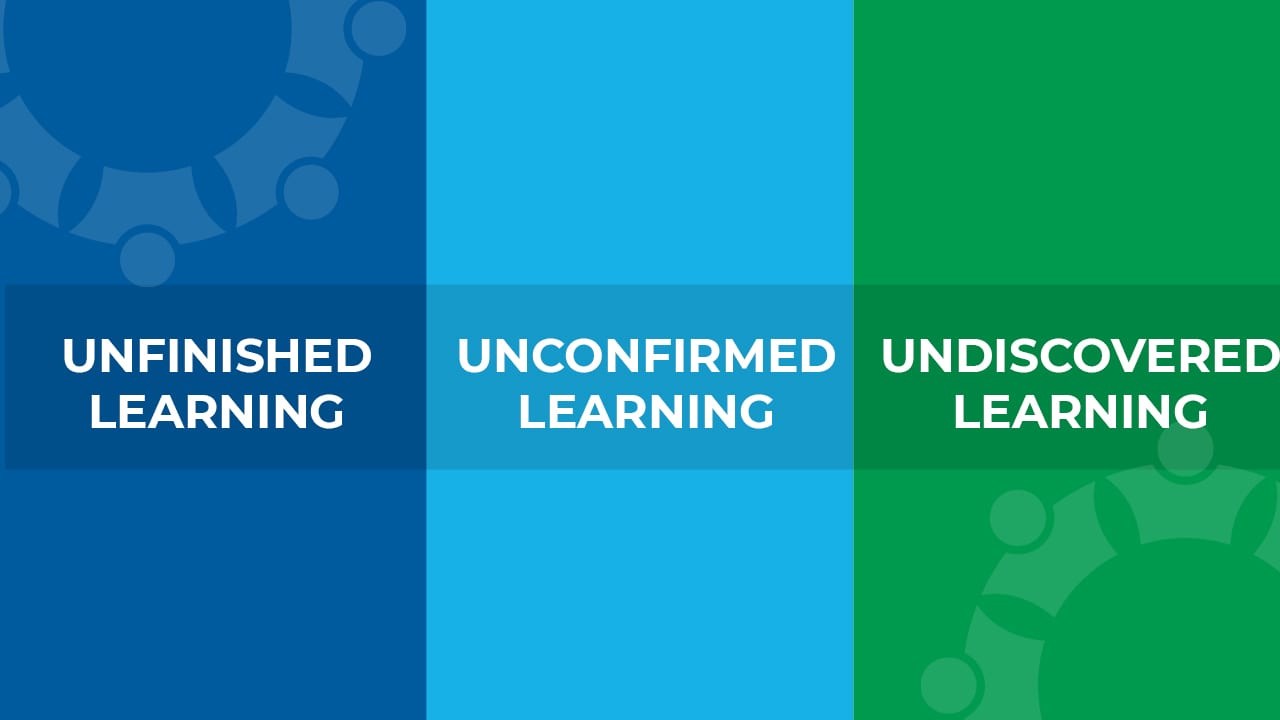The topic of unfinished learning continues to be front and center of minds right now as students return to the classroom. We are hearing this question being asked time and time again about what strategies can we use to solve unfinished learning?
The answer: focus on building relationships and using real time data.
BARR’s Founder and Executive Director Angela Jerabek recently dove into this more recently as she presented at The Education Trust’s Equity Matters: Facing the Future Together two-day virtual bootcamp event. Check out the full event recording!
Jerabek presented alongside Saga Education President and Co-Founder Alan Safran and Director of the Center for Research and Reform in Education at Johns Hopkins University and co-founder of the Success for All Foundation Dr. Bob Slavin*.
This past year has brought many unknowns to our schools. During the event, Jerabek emphasized that it is important to support students as they return to school by encouraging all educators to re-engage, prioritizing the following three types of learning to foster relationships and collect and utilize real time data.
- Unfinished Learning. This term takes learning loss from a deficit model to learning that is unfinished, often due to circumstances beyond the student’s and/or teacher’s control. Learning began and was interrupted. Students are not blank slates; the degree to which unfinished learning exists will be different for each individual.
- Unconfirmed Learning. To determine where to start, educators need to first confirm what learning has occured. Educators have many ways of knowing how to measure if a student is progressing, (ie body language, conversations, short answer responses, quiz, etc.) but the challenges of the past year has restricted their ability to do so. Staff need to have time, space and voice to confirm where their students are currently at, to begin to design where their instruction should begin.
- Undiscovered Learning. Students did not stop learning during the pandemic. There has been continuous learning, like holding a job, taking care of family, time management, and supporting technology needs in the home. As students come back to school, educators need to understand that students have been active learners, acknowledging the whole child. Staff need to prioritize finding out what it is that students have learned and give them the opportunity to share what they have experienced.
She also explained how it is critical that schools are focusing on strengthening relationships: staff-to-staff, staff-to-student, and student-to-student. Jerabek explained that when we prioritize these three relationships, we will then be able to re-engage students. This approach is critical to setting a foundation for other strategies to be implemented such as tutoring and extended learning time.
“If you hang on to relationships and data, this can really be your guardrails to navigate some pretty crazy times,” said Jerabek.
Throughout the pandemic, schools have been showing up for students in innovative ways all across the country. Jerabek mentioned how one school in Florida was facing challenges in reaching their students and knowing where they were during the start of the pandemic. The high school implemented a peer-to-peer approach to have students reach out to their classmates and get them connected back with the school. Within weeks, the high school team was able to re-engage their students and get them connected so staff could ensure they had the support they needed. By working together as a team, staff are able to support students by getting to know them beyond just academics.
“That is going to be critical to make sure our staff is really getting to know that whole student to be able to remedy some of these challenges they have uncovered,” said Jerabek.
While we are living in a time with many challenges in education, we are also surrounded by a sea of opportunities. Through building relationships and looking at relevant, real time data, we can uncover our students’ unfinished, unconfirmed, and undiscovered learning to support the successful re-engagement of our students.
*(Dr. Slavin passed away shortly after recording this session. The BARR Center team has been continuously inspired by his work, and was grateful to witness all he has done to make a lasting positive impact on education. He will be missed by many.)
